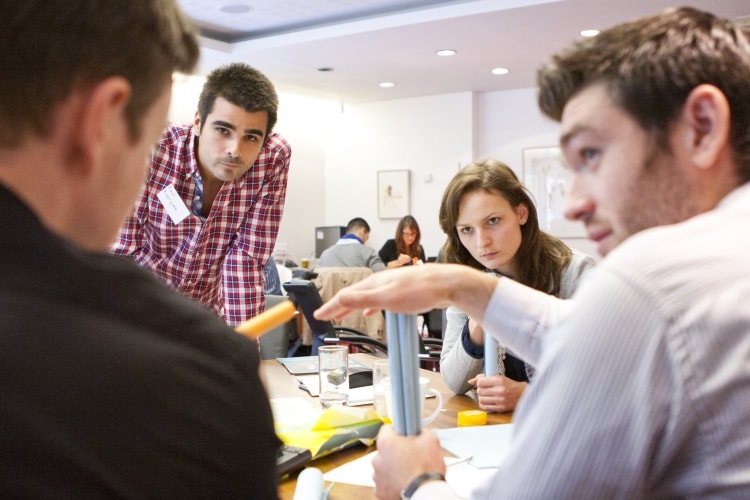Many student and newly qualified engineers aspire to becoming a chief engineer at some point in their future. Attaining this role will take many years’ experience and is not suitable for everyone. But even when you are starting your career, it’s worth being aware of the kind of skills that you might need to acquire for the role.
Chief engineers take on a key leadership role for an engineering team on a specific project. This is a very senior role and so excellent communication and leadership skills are absolutely vital. They will be expected to work alongside other managerial staff and external consultants, report into senior management, interface with clients and recruit, lead, support and guide their own team.
Companies recruiting for a chief engineer are typically looking for breadth of experience, evidence of success on comparable projects, leadership experience, chartered status, signatory responsibility (work sign-off) and stakeholder management skills.

A base skill level is a four-year engineering degree from a recognised university in the specific subject required by the company, followed by at least 10 years’ experience, most of it in a managerial role (preferably leading a team of 10 or more engineers). Many job roles also specify a Master’s degree in engineering.
As well as having an in-depth strategic understanding of the objectives of the organisation, chief engineers need to be excellent project managers. A large part of the role is updating and influencing work schedules and they will also have to plan budgets and acquire all the necessary resources for the project.
Their technical expertise will also be without question. Chief engineers are in charge of creating practical solutions to engineering challenges and overseeing a team that is responsible for implementing those solutions within a specified budget and time-frame. They must also establish technical standards and make sure that each phase of the project complies with both company specifications and also legal and regulatory requirements.

This means being closely involved in the full design process from concept through to detailed execution. They will supervise the installation of equipment or processes and the necessary quality and safety checks, so they must have an excellent knowledge of all the necessary codes of practice. But they must also be prepared to develop novel concepts where required.
In terms of the core skills needed for a chief engineer role, much of what’s required will come down to experience of working on comparable projects (particularly with similar technology/engineering challenges) and natural seniority progression. Leadership skills can be learned over time as you take on team/man management responsibility.
But there are also many ways that students or graduates can start to gain the sort of relevant experience they will need for this kind of role in the future. Industrial placement years and internships with large engineering firms are an excellent place to start while you’re still at university. There are also opportunities for post-graduate courses funded by industry focusing on solving specific problems for a company.

Once in a role, you should also take advantage of any in-house training and any mentoring help that is offered. Some companies even have fast-track leadership schemes for the top graduates. Join a relevant institute - even as a student or junior member - and target chartered status as soon as possible (for which there are some mentoring schemes). Seek out technology training on the likes of Catia, Cadds5, Nastran and Matlab, and try to gain experience in project engineering (full lifecycle).
All of these training and development opportunities will help you progress towards this ultimate goal. And remember, the financial rewards for chief engineers are compelling (salaries are often in excess of £100,000 pa), but you would also have the opportunity to make real changes to the way people live and work.
Shaun Simmons is managing director of Cordant Recruitment’s technical & engineering division.










UK Enters ‘Golden Age of Nuclear’
The delay (nearly 8 years) in getting approval for the Rolls-Royce SMR is most worrying. Signifies a torpid and expensive system that is quite onerous...